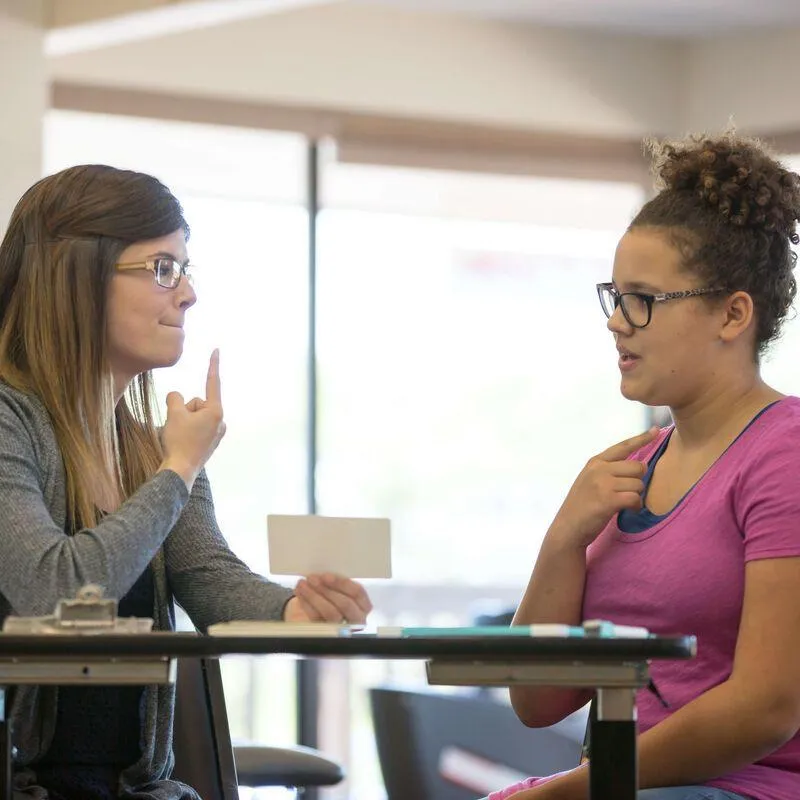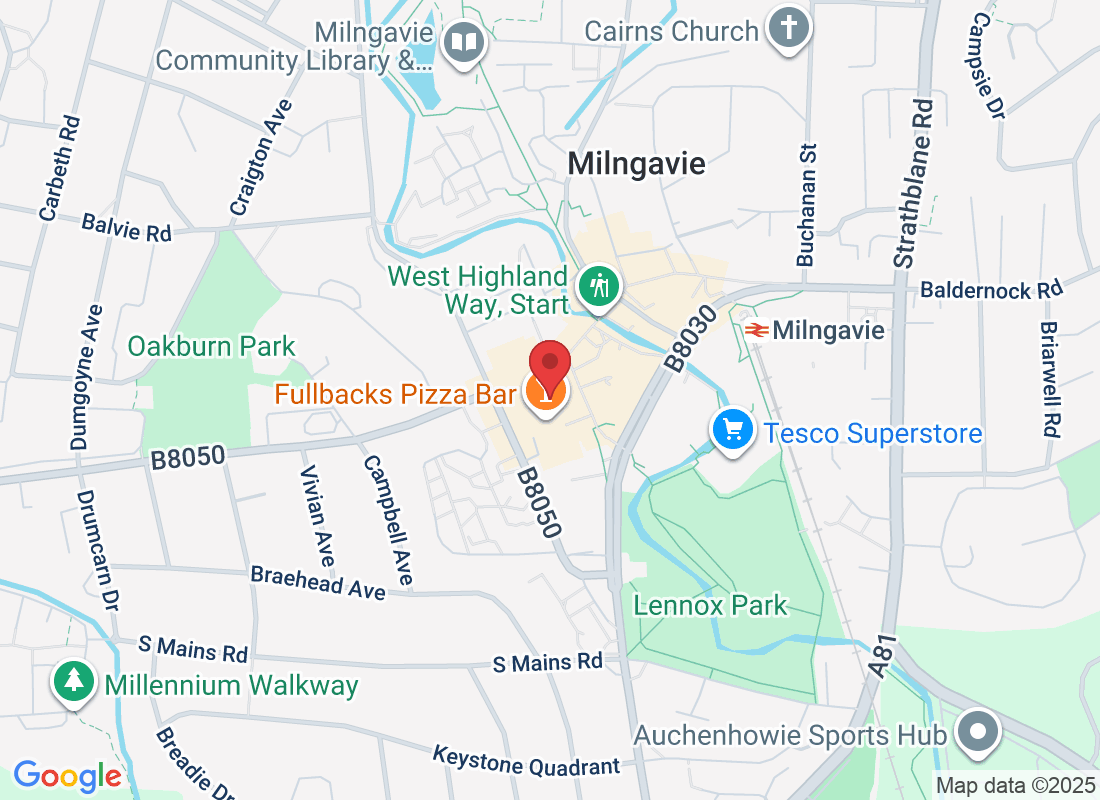They Had a Brain Injury. Now Everything Feels Different.
Clinic conveniently located in Milngavie Town Centre
Stewart Street, Milngavie, G62 6BW
Easy Parking Nearby


Watch your FREE speech & language information video:
“Top Tips To Improve Communication After A Brain Injury”
Click the button below to get your FREE Video
When someone you love has changed, we help you find the way forward
A brain injury can change a person in ways that are hard to understand—emotionally, cognitively, and socially. If your loved one is struggling with memory, communication, mood swings, or personality changes, you may feel like you’ve lost the person you once knew. At Speech Therapy Glasgow, we offer specialised therapy and family support to help both survivors and caregivers navigate life after brain injury.
Does any of this sound familiar?
Our loved one struggles with memory, attention, or problem-solving.
Their speech or communication skills have changed, making conversations harder.
They have mood swings, frustration, or personality shifts that feel unfamiliar.
They seem withdrawn, unmotivated, or disconnected from daily life.
You feel overwhelmed, exhausted, or unsure how to help.
If you answered YES to any of the above, you're not alone. At Speech Therapy Glasgow we hear stories like this every single day and we know EXACTLY how to help with your speech.

Speech Therapy Glasgow
5 Stewart Street, Milngavie , Glasgow, G62 6BW
Still feeling a little confused about your condition and don't know what to do?
Here are three options.
#1 (👍 most popular)

#2 - Send Us a Message

#3 - Book Appointment

What’s going on… And why is it still so hard?
A brain injury can disrupt how a person thinks , feels , speaks, and
connects with others. It can affect memory, mood, speech, movement, and understanding.
Brain injuries can happen in many ways, including:
- A stroke
- A fall or car accident
- A blow to the head
- A brain tumour
- A brain infection (like encephalitis or meningitis)
- A brain bleed (like a subarachnoid or intracerebral haemorrhage)
These injuries may cause problems with:
- Speaking or understanding words
- Thinking clearly
- Reading and writing
- Emotions and behaviour
Even after physical recovery, these changes can last. But with the right support, real progress is possible.
At Speech Therapy Glasgow, we help people every day to rebuild their communication and confidence after brain injury.

After your brain injury, is talking more difficult?

Not sure who to ask?
Not sure what to do next?
Not sure who can help?
Please fill out the form below and chat with one of our team members about your right next step
The Speech Therapy Glasgow Speech Clarity Improvement Programme
Step 1 - Comprehensive Speech & Voice Assessment
Our experienced and knowledgeable therapists will examine :
Speech clarity and intelligibility
Muscle strength and coordination
Breath support and volume
Speech rate and rhythm
Pronunciation and articulation
This process will help identify exactly what is causing your speech difficulties.

Step 2 - Your own treatment plan
The team at Speech Therapy Glasgow are experts in speech & language difficulties.
We use the latest evidence-based speech therapy techniques to create a personalized treatment plan tailored to your needs. Our goal is to help you speak more clearly, confidently, and comfortably, so you can communicate without frustration or hesitation.

Step 3 - Ongoing support
We don’t just give you exercises and leave you to manage alone. We stay with you, offering help and support as you keep improving.
Speech therapy takes time. We’ll be there with you at each step. We check your progress often and change the therapy if needed.
You’ll learn simple ways to make talking easier in daily life—
at home, at work, and with friends and family.
Our goal is to help you speak more clearly and feel more confident.

Is The Speech Clarity Improvement Programme Right For You?
Our team of Speech & Language Therapists at Speech Therapy Glasgow are experts in treating speech difficulties, helping thousands of individuals improve their clarity, confidence, and ability to communicate with ease.
Here’s just a few of the things our team can do for you:
We can identify the cause of your speech difficulties and explain how to improve them from Day ONE.
We can help you understand why your speech has changed and provide targeted solutions to make it clearer.
We can give you practical techniques to improve your speech clarity and confidence in daily conversations.
We can help you regain your voice so you can communicate freely without frustration.
We can help you avoid the frustration of being misunderstood and teach strategies to make speaking easier.
We can support you in social situations so you feel comfortable speaking with friends, family, and colleagues.
We can help you stay independent by improving your ability to communicate clearly and confidently.
We can give you the tools to keep making progress long after therapy ends.
What’s next? You can keep finding speech hard —or take the first step to make talking easier and clearer.
We are here to help.
Is unclear speech holding you back? Take us up on one of our free options
#1 (👍 most popular)

#2


From Consultation to Treatment
What to expect at your first Speech & Language therapy session.
Your first session is all about understanding your needs and setting clear goals for therapy. We take the time to listen, assess, and create a plan tailored to you. Expect a relaxed, supportive environment where you feel heard and empowered.
A friendly chat about your concerns & goals
Complete assessment
Discover your options
Start a custom treatment plan
Time to ask questions


Here's why people choose Speech Therapy Glasgow

Expert, Personalized Care: We specialize in adult speech and swallowing therapy, tailoring every treatment plan to your unique needs and goals.
Proven, Evidence-Based Techniques: We use the latest research-backed therapies, including LSVT for Parkinson’s, to achieve real, lasting improvements.
Flexible Therapy Options: Choose from in-clinic, home visits, or online sessions to fit your lifestyle and comfort.
Ongoing Support & Progress Tracking: Unlike limited NHS services, we provide long-term guidance to ensure continued improvement and confidence in daily life.
Frequently asked questions about Speech Clarity
What causes speech to be slurred or difficult to understand?
Speech difficulties like dysarthria are often caused by neurological conditions such as stroke, Parkinson’s disease, multiple sclerosis, brain injuries, or motor neuron disease. These conditions affect the muscles used for speech, making it harder to control volume, clarity, and pronunciation.
Can I improve my speech at home?
Yes! Practicing breathing exercises, slowing down speech, and strengthening mouth muscles can help. However, for real, lasting improvements, a Speech & Language Therapist can provide tailored exercises and techniques based on your specific needs.
When should I seek professional help for speech difficulties?
If your speech has become harder to understand, feels slurred, or you struggle to control volume or pronunciation, it’s best to see a Speech & Language Therapist. Early intervention can help prevent further difficulties and improve communication.
What are the treatment options for unclear speech?
Treatment depends on the cause but may include speech exercises to improve clarity, breath support training, voice control techniques, and strategies to slow down and strengthen speech production.
Can exercises help improve speech clarity?
Yes! Targeted speech exercises can help strengthen the muscles used for speaking, improve breath support, and enhance pronunciation. Regular practice, guided by a Speech & Language Therapist, is key to success.
Are there daily strategies to make speech clearer?
Yes! Speaking more slowly, exaggerating key sounds, taking deeper breaths before speaking, and using pauses between words can all make speech clearer and easier to understand.
Can speech difficulties get worse over time?
It depends on the cause. Progressive conditions like Parkinson’s may lead to gradual changes, while other conditions, such as stroke or brain injury, may improve with therapy. Speech therapy can help slow deterioration and maximize clarity.
Should I avoid speaking too much if I have dysarthria?
No! Avoiding speech can actually make it harder over time. Regular practice with proper techniques can help strengthen speech muscles and improve confidence in conversations.
Are there tools or devices that can help with speech difficulties?
Yes! Some individuals benefit from voice amplifiers, speech pacing apps, or alternative communication devices to assist with daily conversations. A Speech & Language Therapist can recommend the best options for you.
Please note that these FAQs provide general information and should not replace personalised advice from a qualified healthcare professional. It is important to consult with a trusted therapist to assess your individual case and determine the most suitable treatment plan for your speech difficulty.
Frustrated With Your Speech?

Not sure who to ask?
Not sure what to do next?
Not sure who can help?
Please fill out the form below and chat with one of our team members about your right next step



Where To Find Speech Therapy Glasgow

If you have any questions before scheduling an appointment or for general inquiries, please use the contact us button below. Our team will promptly reach out to assist you.
Opening Hours
Monday: 09.00- 17.00
Tuesday: 09.00- 17.00
Wednesday: 09.00- 17.00
Thursday: 09.00- 17.00
Friday: 09.00- 17.00
Saturday: Closed
Sunday: Closed

